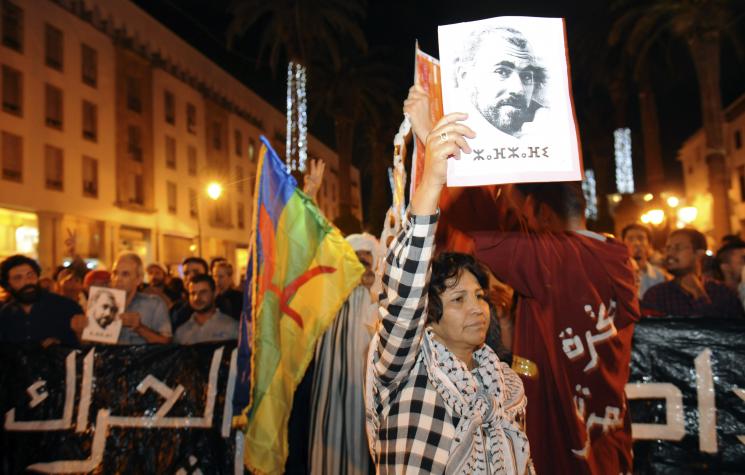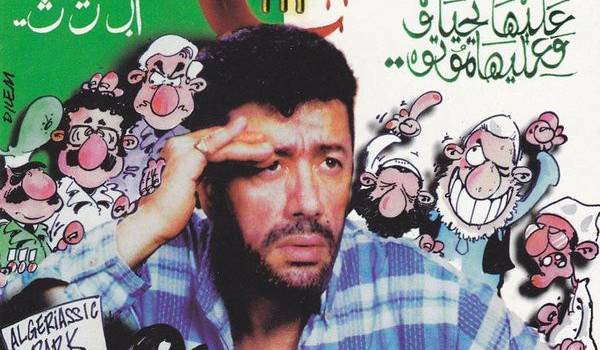Iran: Sufi bus driver executed after ‘unfair trial’
Amnesty International issued a statement protesting the execution of Mohammad Salas, a 51-year-old man from Iran’s largest Sufi order, the Gonabadi Dervishes, saying it "was carried out despite serious unfair trial concerns." Salas was arrested outside a police station where thousands of Gonabadi followers had gathered to protest persecution of the dervish community. He was convicted of killing two police officers during the protest—on the basis of a "confession" coerced through torture and threats, and despite the fact that he had already been detained when the killings took place. Witnesses in his defense were barred from testifying. Gonabadi dervishes consider themselves to be Shi'ite Muslims, but are rejected as heretical by Iran's orthodox establishment. (Photo: Amnesty International)




